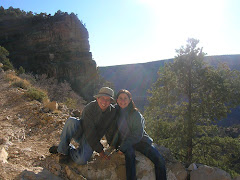
A few days ago the Pew Forum on Religion and Public Life published a study on the religious affiliations of the incoming members of Congress.
One of the more interesting, though not unexpected, findings of the study was how much more religious Congress is compared to the rest of the U.S. population:
Members of Congress are much more likely than the public overall to say they are affiliated with a particular religion. Only five members of the new Congress (about 1%) did not specify a religious affiliation, according to information gathered by Congressional Quarterly and the Pew Forum, and no members specifically said they were unaffiliated. By contrast, the Landscape Survey found that individuals who are not affiliated with a particular faith make up about one-sixth (16.1%) of the adult population, making this one of the largest "religious" groups in the U.S.
Also interesting is the disproportionate representation of some religious groups. Most notable among these is a group that is dear to my heart:
Among the nation's smaller religious groups, one group stands out in terms of its numbers in Congress: Jews, who account for just 1.7% of the U.S. adult population, make up 8.4% of Congress, including just over 13% of the Senate.
The United States' slowly emerging religious diversity is also apparent in the study. While the overwhelming majority of Congressmen are Christian or Jewish, the study shows that the 111th Congress will feature two Muslim Congressmen and the first two Buddhist members of Congress.





No comments:
Post a Comment